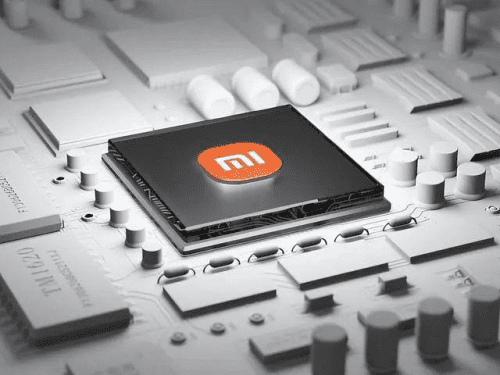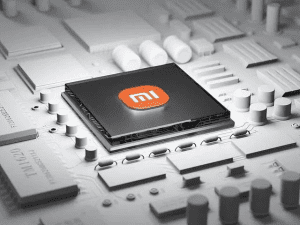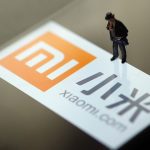Xiaomi Targets 2025 for In-House Mobile Chip Production to Reduce Qualcomm Dependence
小米计划 2025 年量产自研手机芯片,减少对高通依赖
Xiaomi is advancing plans to produce its own mobile processor by 2025, aiming to lessen reliance on external suppliers like Qualcomm and MediaTek. The initiative reflects Xiaomi’s broader push toward self-sufficiency in a highly competitive Android market, where Qualcomm dominates.
小米正推进自研手机处理器的计划,目标在 2025 年实现量产,旨在降低对高通和联发科等外部供应商的依赖。这一举措反映了小米在竞争激烈的安卓市场上寻求自给自足的战略意图,目前高通在该领域占据主导地位。
This move aligns with Beijing’s drive to reduce dependence on foreign technology amid increasing global tech rivalries. By developing its own chips, Xiaomi joins a growing list of Chinese tech companies investing in semiconductors, a critical industry for national innovation and security.
此举与中国政府减少对外国技术依赖的政策方向一致。在全球科技竞争加剧的背景下,小米通过发展自研芯片,加入了越来越多专注半导体投资的中国科技企业行列。半导体是国家创新和安全的重要产业领域。

Despite the challenges of competing in smartphone chip development—a field where even giants like Intel and Oppo have faltered—Xiaomi sees in-house chip design as a strategic step. Successful examples, such as Apple’s seamless integration of self-designed chips across its product lines, highlight the potential benefits of this approach.
尽管智能手机芯片开发面临重重挑战——包括英特尔和 Oppo 等巨头的失败案例——小米认为自研芯片是实现战略转型的重要一步。像苹果这样成功将自研芯片无缝整合到其产品线中的例子,突显了这一战略可能带来的潜在收益。
Xiaomi’s semiconductor efforts could also enhance its broader tech ecosystem, particularly in its electric vehicle (EV) division. The company entered the EV market following geopolitical tensions, such as US sanctions on Chinese tech firms, which underscored the importance of diversifying its capabilities.
此外,小米的半导体努力还可以提升其更广泛的技术生态系统,尤其是在电动车(EV)业务领域。小米进入电动车市场的初衷,部分源于地缘政治压力,例如美国对中国科技企业的制裁,这些事件突显了小米多元化发展的重要性。








